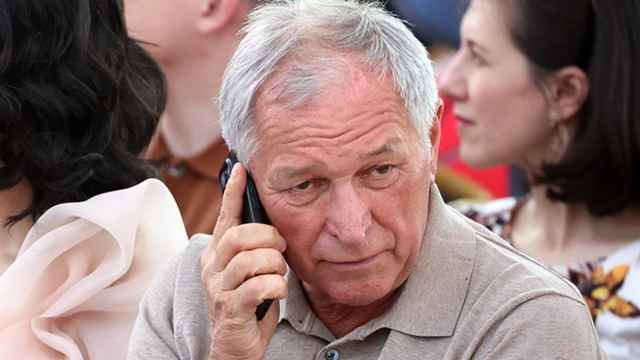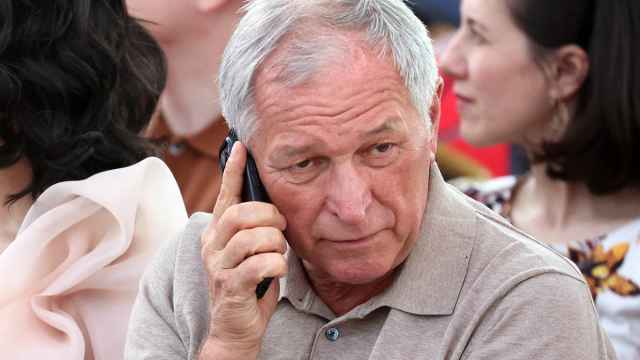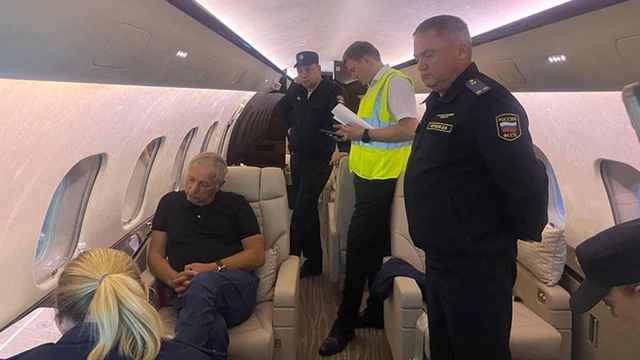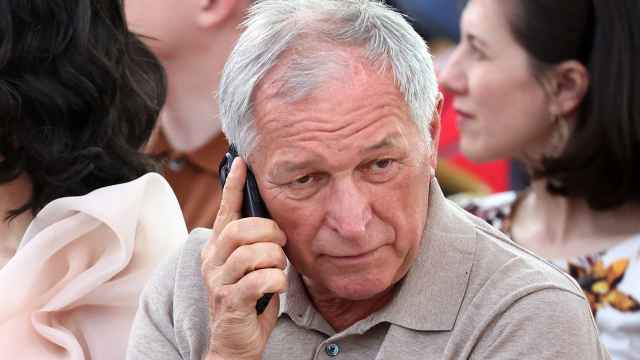A court in the Chelyabinsk region on Friday ordered the nationalization of Yuzhuralzoloto, Russia’s third-largest gold producer, marking the government’s latest wartime seizure of major private assets.
The Prosecutor General’s Office filed a lawsuit on July 2 to seize the Yuzhuralzoloto Group of Companies (YUGK) and 10 affiliated firms from billionaire and regional lawmaker Konstantin Strukov. The case was accompanied by widely publicized raids on the companies' offices.
Prosecutors allege that Strukov, who previously led Yuzhuralzoloto before entering politics, illegally took control of the company using his position in government. The lawsuit claims he restructured the firm into a public joint-stock company and transferred ownership to close associates and his daughter Alexandra Strukova, who holds Swiss citizenship.
The Sovetsky District Court ruled in favor of the prosecution and ordered the immediate seizure of all assets, Interfax reported. The trial, which lasted less than two days, was held behind closed doors.
A YUGK representative told Interfax that the company would decide whether to appeal after the court publishes its full decision.
Strukov, Russia’s 78th-richest person with an estimated net worth of $1.9 billion, serves as deputy chairman of the Chelyabinsk regional legislative assembly and is a member of the ruling United Russia party.
Yuzhuralzoloto reported 25 billion rubles ($320 million) in revenue from producing 10.6 metric tons of gold in 2023 but posted a net loss of 7.2 billion rubles ($90 million).
Since launching its full-scale invasion of Ukraine in February 2022, the Russian government has confiscated an estimated $50 billion in private assets, roughly equivalent to its annual budget deficit or one-third of its yearly military spending.
A Message from The Moscow Times:
Dear readers,
We are facing unprecedented challenges. Russia's Prosecutor General's Office has designated The Moscow Times as an "undesirable" organization, criminalizing our work and putting our staff at risk of prosecution. This follows our earlier unjust labeling as a "foreign agent."
These actions are direct attempts to silence independent journalism in Russia. The authorities claim our work "discredits the decisions of the Russian leadership." We see things differently: we strive to provide accurate, unbiased reporting on Russia.
We, the journalists of The Moscow Times, refuse to be silenced. But to continue our work, we need your help.
Your support, no matter how small, makes a world of difference. If you can, please support us monthly starting from just $2. It's quick to set up, and every contribution makes a significant impact.
By supporting The Moscow Times, you're defending open, independent journalism in the face of repression. Thank you for standing with us.
Remind me later.






